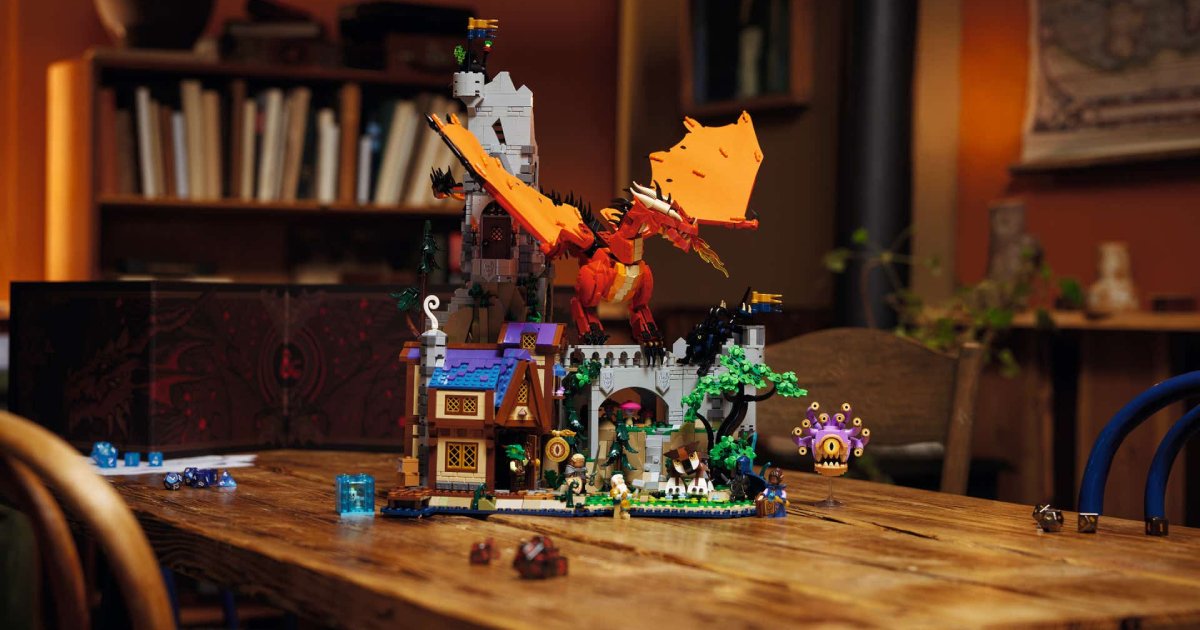Mattel and Hasbro Go Big with Outbound Licensing

By Mark Seavy
As Hasbro and Mattel sharpen their focus on their core brands, the companies are creating a broader opening for outbound licensing.
That’s being filled in large part by location-based entertainment (LBE), but there are also increasing opportunities across mobile games, food and beverages, and even toy categories that haven’t traditionally been a priority for either company.
That much was clear this week as Mattel and Hasbro released Q1 2024 earnings that were heavy on a flat sales forecast for toys this year and emphasized the expansion of outbound licensing.
Hasbro, for example, is leaning heavily into mobile games. Developer Scopely crossed the $2 billion mark in lifetime revenue since the release of Monopoly Go! last spring, with the title being downloaded more than 150 million times. Monopoly Go! is forecast to exceed its minimum guarantee by the second quarter, company officials said.
That is in addition to the Dungeons & Dragons (D&D)-inspired title Baldur’s Gate 3 from Larian Studios as well as new agreements with Resolution Games and Gameloft for other D&D-themed mobile games. And with D&D marking the 50th anniversary of its release, LEGO has signed on for a 3,700-piece Red Dragon’s Tale building set along with Nike’s Converse brand (footwear) and Black Milk Apparel. Hasbro also licensed its Littlest Pet Shop brand to Basic Fun for toys and Power Rangers, which was one of the highlights of its 2018 acquisition of Saban Brands, to Playmates Toys.
“They need to focus on key brands and keep their team right sized,” said Jay Foreman, President of Basic Fun. “With Power Rangers, for example, how does [Hasbro] give that brand enough love when they also have Transformers, Star Wars, and Marvel? Playmates will be able to really focus [on Power Rangers] and drive it. The same with Littlest Pet Shop.”
Mattel, meanwhile, is working to build its Fisher-Price division into one of its power brands to create new opportunities for outbound licensing. The company plans to sell or license out Fisher-Price baby gear (floor seats, bathtubs) as well as power wheels (Jeep Wrangler and Disney licenses for ride-on vehicles), said CEO Ynon Kreiz.
And both companies are targeting outbound licensing for location-based entertainment.
Mattel recently announced a licensing deal with Epic Resorts Destination to develop an adventure park in Bonner Springs, KS that is slated to open in 2026. That will follow the launch of a park in Glendale, AZ that is scheduled to open this fall featuring a Barbie Beach House and Hot Wheels Twin Mill Racer.
“We look at LBE as an important growth lever and expect to have more opportunities,” said Kreiz. “The strategy is to take strong brands that drive engagement and have a large fan base and capture value outside of the toy aisle in highly accretive business opportunities.”
Hasbro licensee Max Matching Entertainment is developing Asia’s first Peppa Pig outdoor theme park for Changxing Island in China. The toymaker’s 115 licensee-led properties, including family entertainment centers, attracted 55 million visitors last year, CEO Chris Cocks said. Those visitor figures are expected to increase significantly in the next several years as Hasbro expands its LBE business with support from billions of dollars of third-party capital investment, Cocks said.
Neither Mattel nor Hasbro is new to the licensing business. But these new partnerships are examples of outbound licensing that the industry hasn’t seen in the past, said Julian Montoya, Senior Vice President at collectibles supplier The Noble Collection.
“Right now, they are doing it more broadly,” Montoya said. “They are now able to monetize an asset without impacting their core business. They are finding partners to drive incremental revenue in categories that represent a reach for them. Hasbro and Mattel are no longer shying away from these opportunities.”




